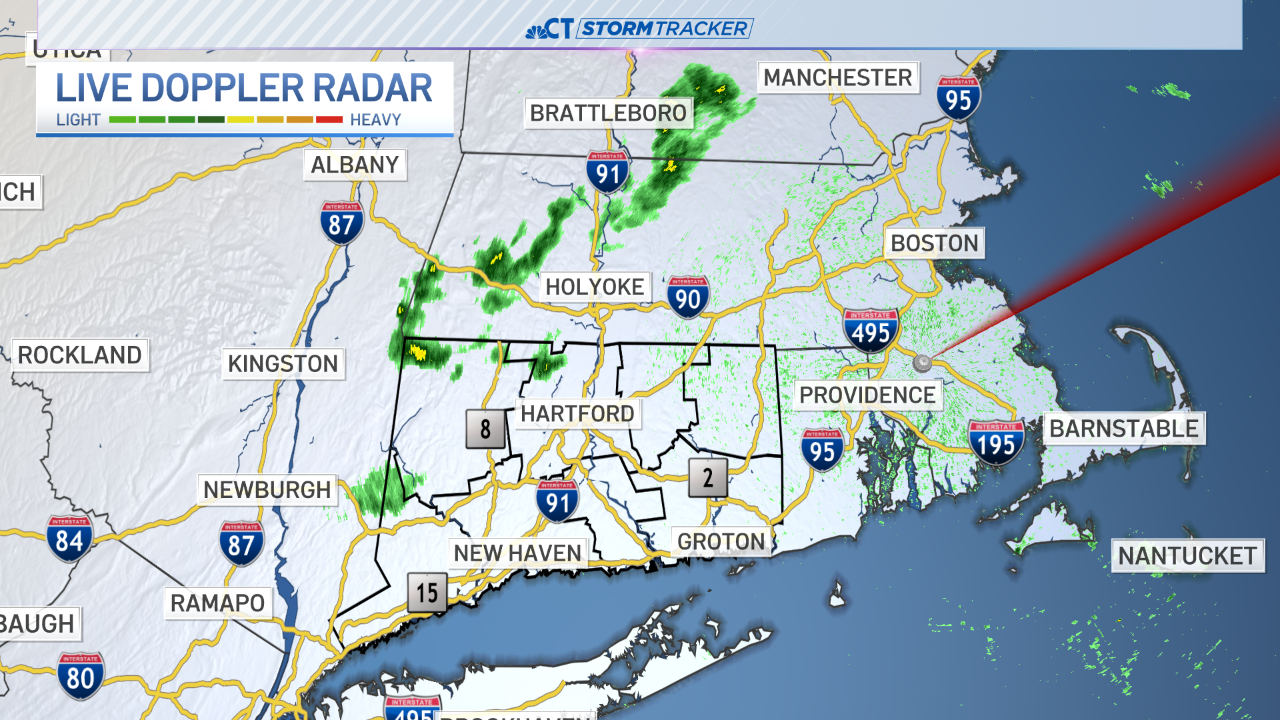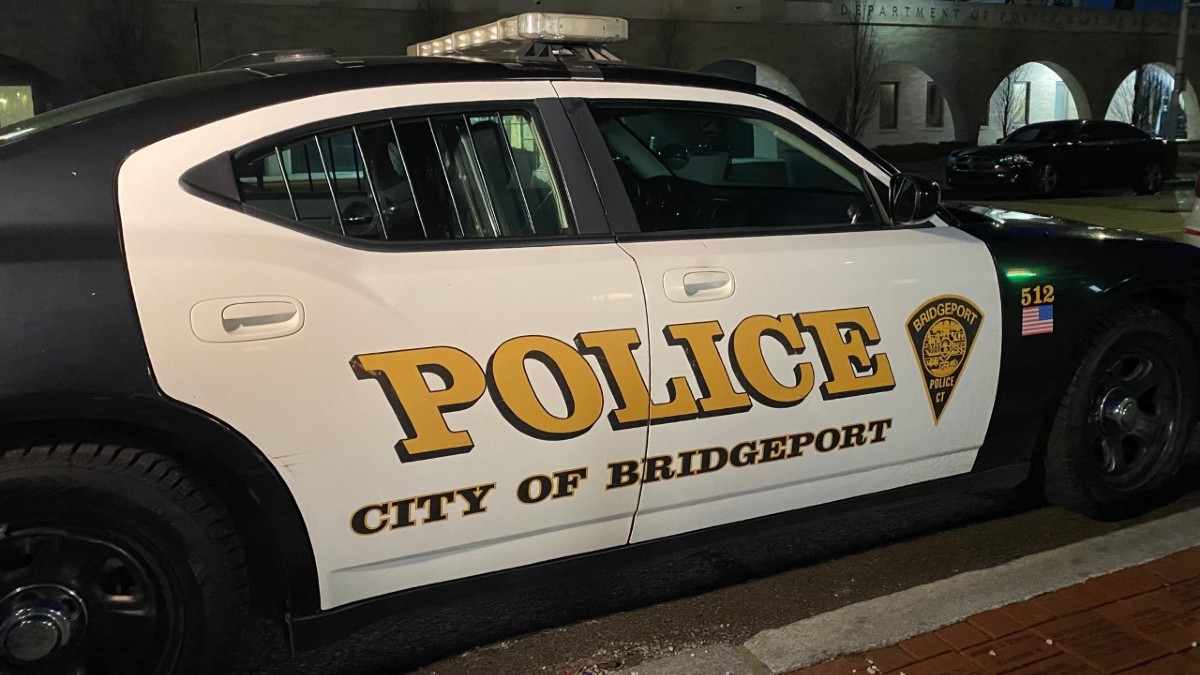Residents living in tiny structures behind one New Haven home are one step closer to getting heat.
People at the Amistad House have been pushing for electricity to be turned on inside the units, and after a meeting with city leaders Friday, it could finally happen soon.
“The fact is the work is done,” said Sean Gargamelli-McCreight at a rally outside of City Hall. “They could be electrified and heat on tonight.”
He was among other housing rights advocates and people who are without a home who gathered there Friday ahead of a meeting with city officials. They planned to push the city to move faster in allowing power to be turned on, which would allow units to use the installed heaters.
Get top local stories in Connecticut delivered to you every morning. Sign up for NBC Connecticut's News Headlines newsletter.
Suki Godek is one of the residents there who left the “Tent City” encampment for a 100 square foot unit in the back yard of the Amistad House on Rosette Street. She and her husband once owned a farm, but lost everything during the pandemic.
“It was always seen as homelessness was an emergency or a crisis situation, but it’s not,” said Godek. “It’s become a permanent situation in our country that effects every city and every state so it’s time they make permanent legislation that allows for that.”
The six units aren’t covered under state and building codes because they don’t have plumbing or a kitchen that’s needed to meet housing qualifications, creating questions around regulation.
Local
The group says they lobbied the state to change some of those regulations. Although that didn’t work, they were granted permission to use the structures on an emergency basis.
“This is outside of the purview of the building code and we’re just kind of putting it together with the state and coming up with a management plan which I’ve never done with anybody,” said New Haven Building Official Bob Dillon.
Residents and advocates began electrical work at the beginning of the year and are upset it hasn’t been approved. Tensions flared over the issue during the Friday.
“Why is it not going to happen? Why is it not going to happen?” shouted one advocate. “We’ve done everything you wanted us to do.”
City housing officials and the mayor explained that the state finalized on Thursday a list of 11 life-safety rules for the units developed together with the city. It covers things like snow removal from roofs, smoke detectors, exit pathways, evacuation routes and meeting points, and keys for residents to have access to the kitchen and bathrooms in the main house.
Advocates say much of the list is complete. Once all of the items are done and the properties are inspected by both City Building Inspector Robert Dillon and the fire marshal, they will receive a 180-day temporary certificate of occupancy. The group must also submit the application for variance they say is complete, and then UI would be permitted to turn on power.
“Just to clarify, the only standing between the heat getting turned on and us right here is this piece of paper,” Gargamelli-McCreight said.
The 180-day temporary occupancy certificate gives the group six months to bring the structures up to building cod, which means they have six months to add plumbing and a kitchen area in each unit. The list from the city and state says the temporary certificate won’t be renewed.



